Slow trials keep Tk3,000cr stuck in 379 money laundering cases
Published:
2021-06-09 19:57:05 BdST
Update:
2026-02-27 21:19:52 BdST

Prolonged trial processes are one of the reasons why culprits do not end up behind bars for money laundering in Bangladesh.
Three hundred and seventy-nine cases based on charges of siphoning off of a whopping Tk3,000 crore still await disposal at special courts since the enactment of the Money Laundering Prevention Act in 2012.
The Anti-Corruption Commission (ACC) has filed the highest of these lawsuits, 183 in all, while the National Board of Revenue (NBR), the Criminal Investigation Department (CID) of police, the Customs Intelligence and Investigation Directorate and the Department of Narcotics Control have filed the other cases.
According to Supreme Court statistics, only 10 money laundering cases were settled in 2019 while 2020 witnessed the disposal of only six cases.
As per Supreme Court and ACC data, trials in 41 of the 379 cases are now paused due to High Court's stay orders; there are 73 cases with trials going on for more than five years.
The ACC alone filed seven laundering cases in 2019 and 11 more last year.
To settle such cases, there are special courts in Dhaka, Chattogram and other divisional headquarters as legal experts have said the courts lack the infrastructure and manpower to dispose of the lawsuits promptly.
Expressing surprise over the lengthy trials, Transparency International Bangladesh (TIB) Executive Director Iftekharuzzaman said, "The finance minister sought the list of the money launderers in the House. But the reality is that cases against the identified accused have been pending for years."
The TIB executive director told the launderers are powerful and they influenced the trials.
"When they run out of options, they move the High Court seeking stay orders – resulting in the cases taking too long to be disposed of," he added. Referring to the special courts that deal with the money laundering cases, Iftekharuzzaman said, "The cases in the courts have to wait for a long time for the trials to get underway while the money laundering investigations are slow as well."
Inadequate capacity?
ACC lawyer Khurshid Alam Khan, however, claimed the lawyers' panel of the anti-graft watchdog is very active in money laundering case settlements.
"There are some cases pending with the Appellate Division, the disposal rate is a bit low. Besides, trials in some cases cannot be started due to High Court's stay orders. We are sincerely working for prompt settlements," he told TBS.
Former Chief Justice ABM Khairul Haque believes the laundered money should be brought back to Bangladesh after concluding the cases immediately.
Khairul Haque urged judges to follow a previous Supreme Court order on the prompt disposal of money laundering cases.
Iktedar Ahmed, former registrar of the Supreme Court and an ex-district judge, said the number of special courts for money laundering cases is far less than the burgeoning number of cases. Besides, these courts also conduct other cases.
"On top of this, the special courts do not have adequate manpower and infrastructure for the quick disposal of cases," he noted.
When contacted, Law Minister Anisul Huq told TBS, "Several agencies, including the Anti-Corruption Commission, are responsible for identifying money launderers as the courts have been tasked with conducting the trials. They are doing their jobs. But the pandemic has slowed down the money laundering trials like other cases.
"If required, the government will issue fresh instructions regarding a swift completion of the trials as the courts have switched to virtual platforms."
Few cases
A report released by the Washington-based think tank Global Financial Integrity (GFI) in March last year said Tk5,273.60 crore has been laundered from Bangladesh in the preceding seven years. A large portion of the laundered amount was siphoned off from Bangladesh through import-export fraud.
But only 379 money laundering cases since 2012 seem to be far lower compared to the amount of money smuggled in seven years.
Khondaker Golam Moazzem, research director at the Centre for Policy Dialogue (CPD), told TBS that the GFI study followed international standards and its information was accurate.
He said if the report considered other means of money laundering plus the import-export mismatches, the amount would be much higher. The CPD researcher believes the Bangladesh Bank has a responsibility to identify and take legal action against the culprits.
Working appropriately: ACC
Abu Hena Mohammad Razi Hasan, head of the Bangladesh Financial Intelligence Unit (BFIU) and former deputy governor of the Bangladesh Bank, told TBS that some government agencies, including the ACC, could file a money laundering case.
"If required, the BFIU will support the investigations or inquiries," he said.
ACC Secretary Dr Md Anwar Hossain Howlader said upon receiving information or a complaint, the commission conducts an inquiry and then files a case.
"We have taken appropriate legal measures against individuals whose names appeared on the news or against whom we received complaints. We are acting appropriately according to our jurisdiction and capacity," he added.
At a press meet last year, Foreign Minister AK Abdul Momen expressed his surprise at the fact that the number of government officials was higher than that of politicians who "have more properties abroad and their families also live there".
Considering media reports that referred to the comments of the foreign minister on money laundering, the High Court in October 2020 issued a suo motu order seeking the list of the names of the money launderers.
Except the BFIU, the ACC and the NBR submitted the information to the court. The ACC at the time said it had 183 cases ongoing, involving a total of Tk1,100 crore.
Attorney General AM Amin Uddin told TBS that the BFIU has a legal obligation to not reveal any names. "It only can provide investigations with information," he added.
The attorney general further said Bangladesh's diplomatic missions abroad have been asked to provide lists of properties owned by Bangladeshis on foreign soil. The information will be placed before the High Court soon.
The BFIU, in a report submitted to the court in March this year, said it had provided the ACC, the CID, police and the NBR with 3,228 financial reports from 2015 to 2020.
Topic:
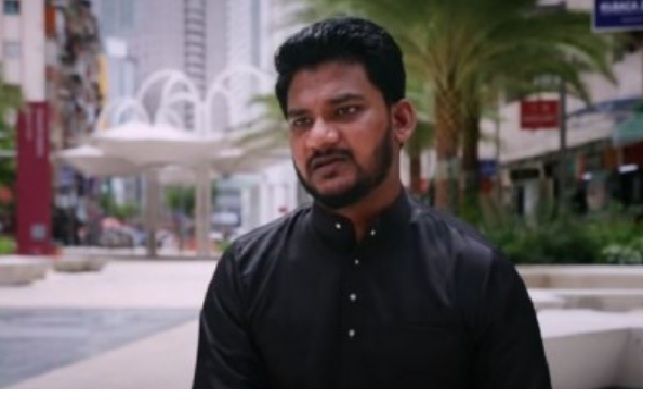
Raihan Kabir is being sent back to Malaysia
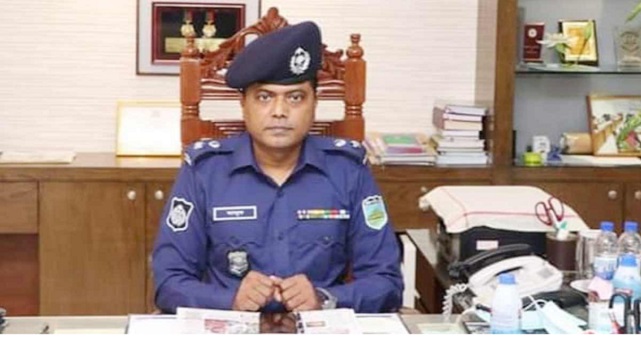
Best Police Super Maud in Rajshahi
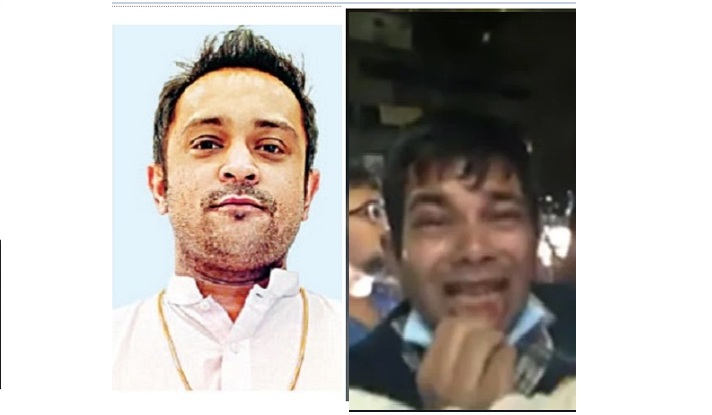
Erfan, son of MP Haji Selim arrested
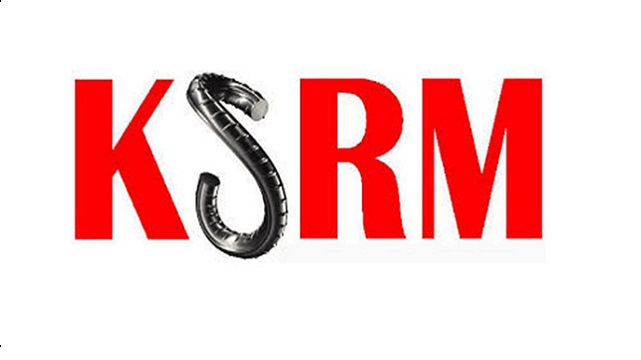
KSRM faces Tk 231cr VAT evasion charge

Teknaf OC taken into custody
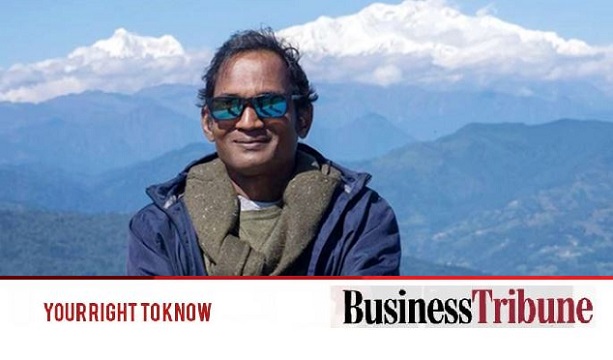

Leave your comment here: